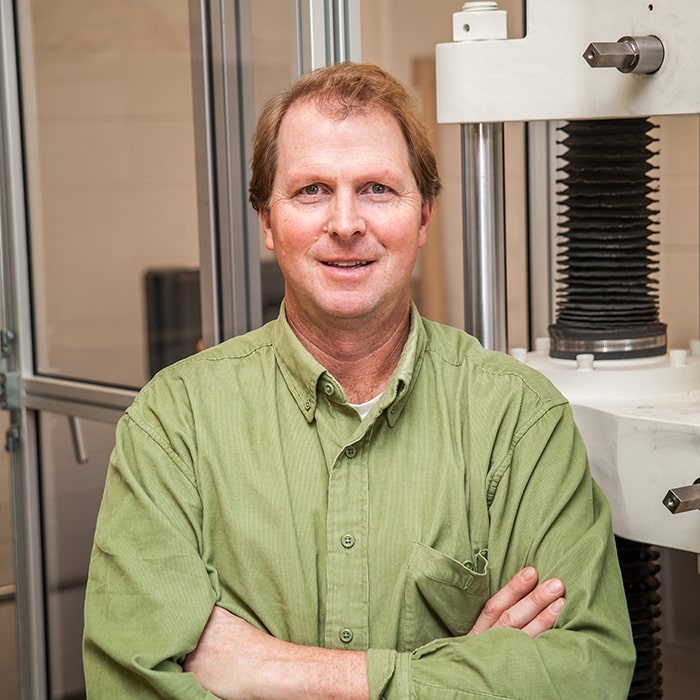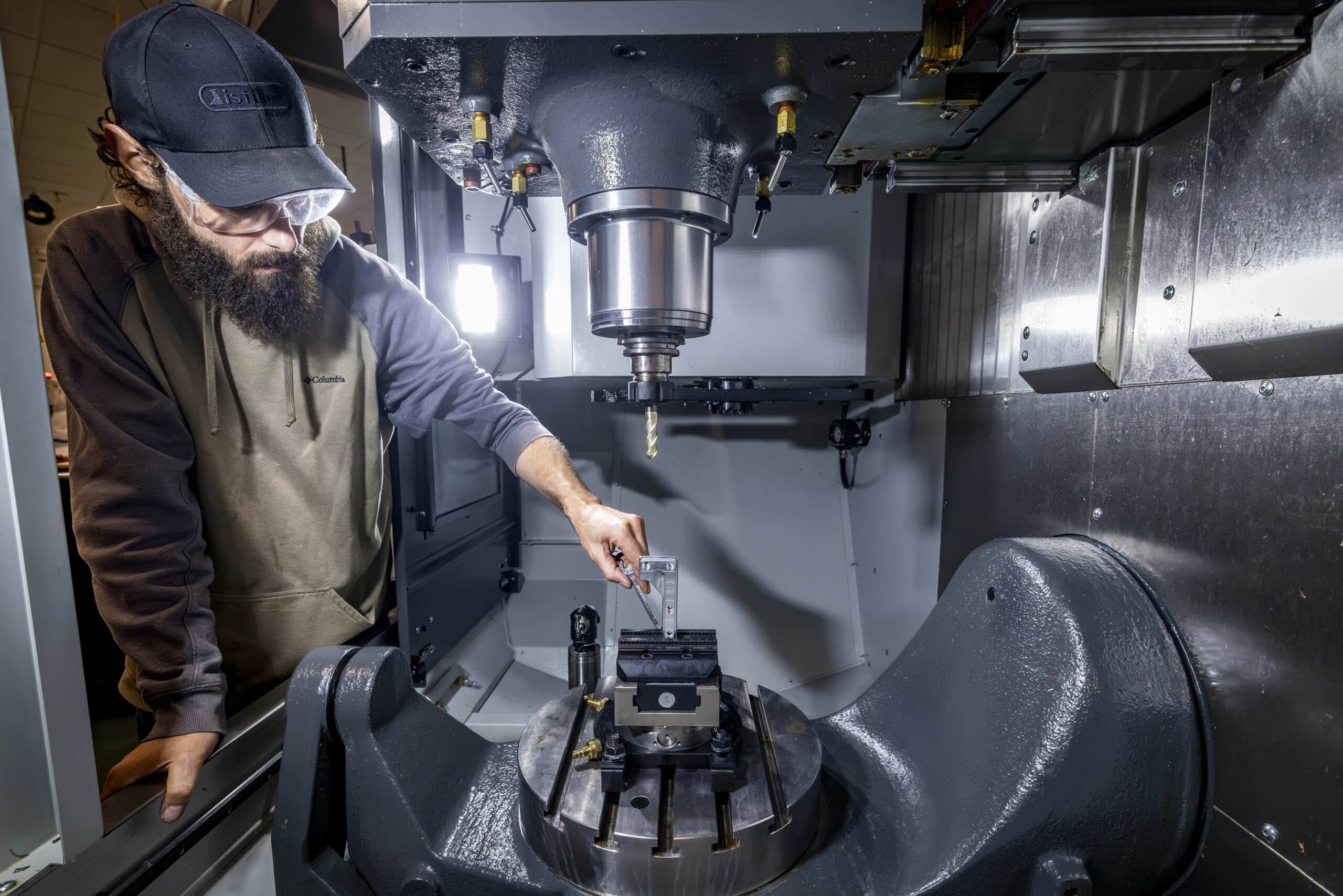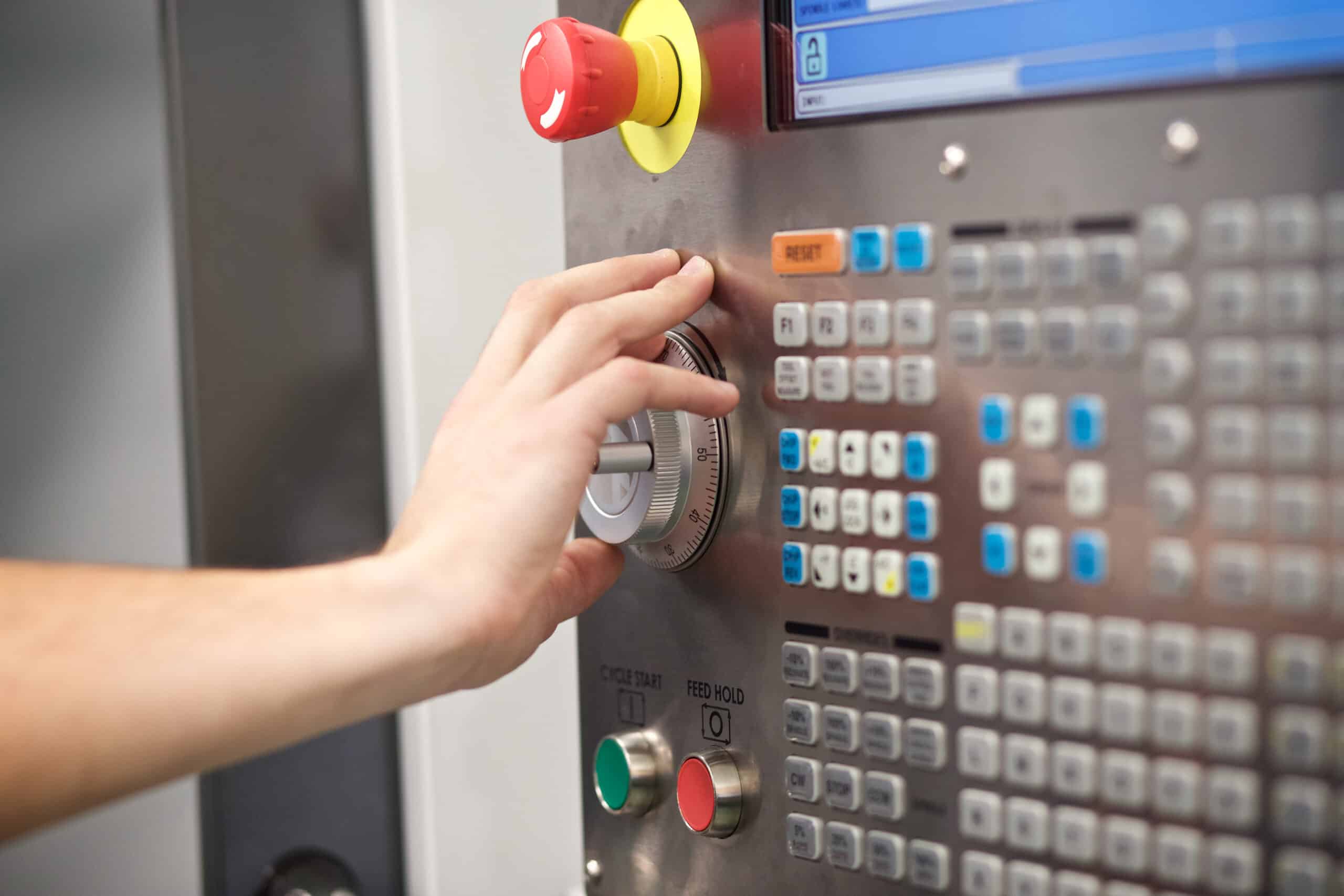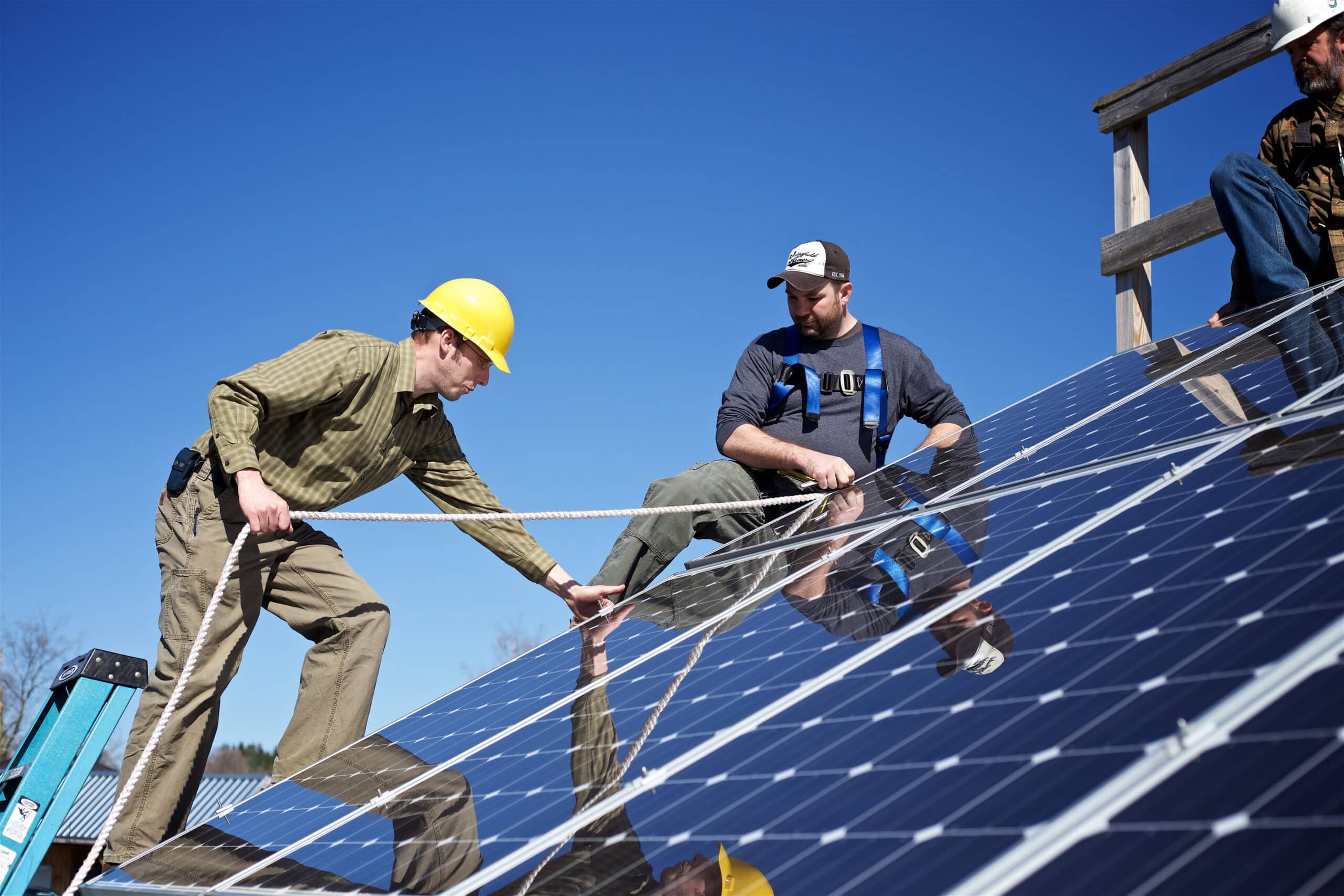Why Study Mechanical Engineering Technology at Vermont State?
- In Demand and Highly Paid: Our graduates are in high demand, consistently securing multiple job offers before graduation. These are exciting, challenging roles at the forefront of technology, with starting salaries exceeding $65,000. As mechanical engineers, our students are both strategic thinkers and hands-on problem solvers. The U.S. Bureau of Labor Statistics forecasts over 4,000 new mechanical engineering jobs projected annually through 2030. The median salary for the field is a robust $87,000 or more.
- Hands-on and Applications Based: The program is grounded in hands-on learning. Almost all courses include weekly lab sessions where you use state-of-the-art technology and apply science and mathematics to solve real-world problems and develop valuable skills for a career in mechanical engineering.
- Small-Campus Learning Environment: For almost 60 years, the VTSU Randolph campus has offered outstanding engineering programs in a supportive small-campus learning environment with state-of-the-art mechanical engineering technology to learn on. Students and faculty work together in small class sizes, where your professors will know you and your educational and professional success is their priority.
- Success After Graduation: Within six months from graduation, 99 percent of VTSU Mechanical Engineering Technology graduates are employed or continuing their education. The direct professional experience all students gain through industry- and community-sponsored capstone projects, in addition to the many opportunities for well-paid part-time and full-time internships, play a big role in our students’ success.
Concentrations in Mechanical Engineering Technology, B.S.
Request Information
Program Outcomes
With a Bachelor of Science in Mechanical Engineering Technology, you will be able to demonstrate:
- an ability to apply knowledge, techniques, skills and modern tools of mathematics, science, engineering, and technology to solve broadly defined engineering problems appropriate to the discipline;
- an ability to design systems, components, or processes meeting specified needs for broadly defined engineering problems appropriate to the discipline;
- an ability to apply written, oral, and graphical communication in broadly defined technical and non-technical environments; and an ability to identify and use appropriate technical literature;
- an ability to conduct standard tests, measurements, and experiments and to analyze and interpret the results to improve processes; and
- an ability to function effectively as a member and a leader on technical teams.
Educational objectives:
- Engineering skills: Develop a successful career in design, analysis, specification, installation, testing, operation, maintenance, sales, or documentation of mechanical engineering systems.
- Professional skills: Employ strong communication and teamwork skills and participate productively on professional teams of engineers, technicians, managers, and skilled production workers.
- Design skills: Utilize technical knowledge and skills to effectively design, analyze, fabricate, manufacture, and maintain industrial and consumer systems and products.
- Innovation skills: Continuously develop as a professional; adapt and stay current in their field.
Sample Courses
- Design Communication
- Manufacturing Processes
- Materials Science
- Computer-Aided Technology
- Fluid Mechanics
- Kinematics and Dynamics
- Capstone
Student Stories
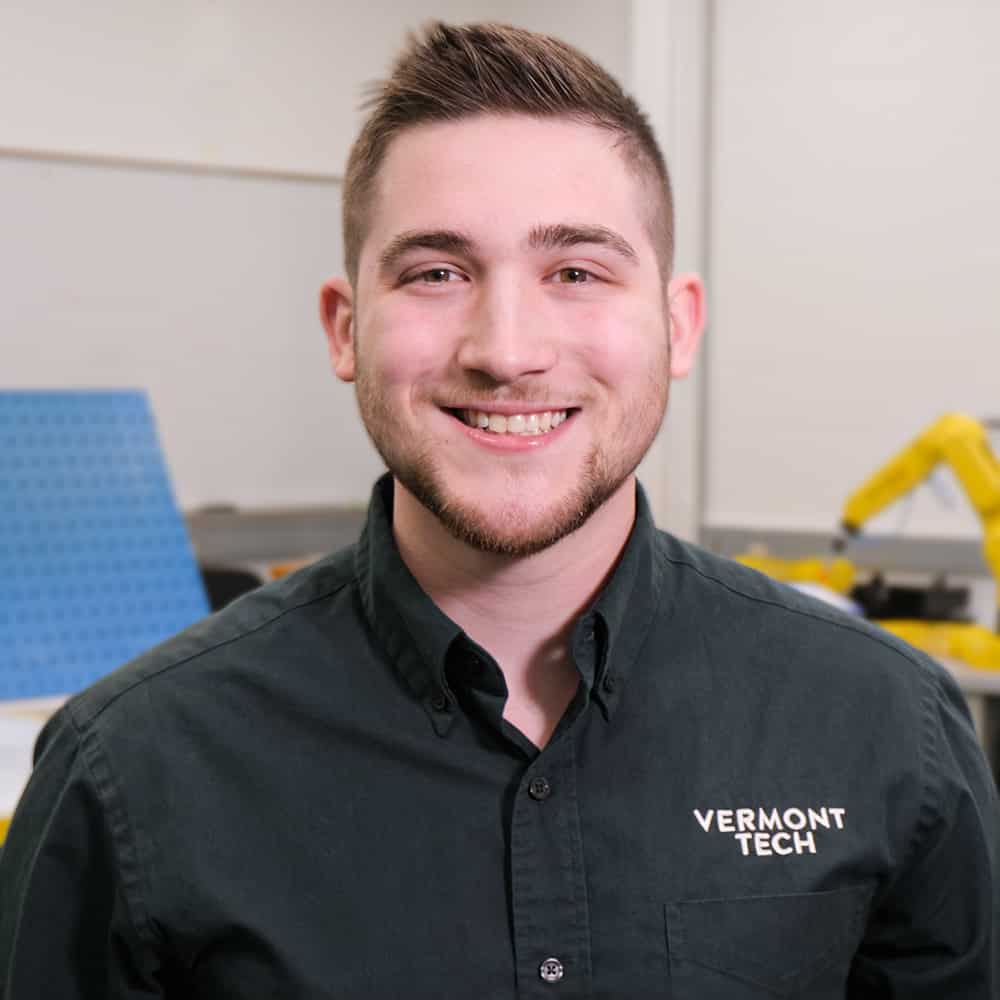
“Mechanical Engineering is a great fit for me because I love solving puzzles and learning how things work.”
Tyler Wright

“The low student to teacher ratio is great. It was a major factor in my decision to come here, as well as having a degree path which I’m very interested in.”
Jonathan Alvin
Meet Our Faculty
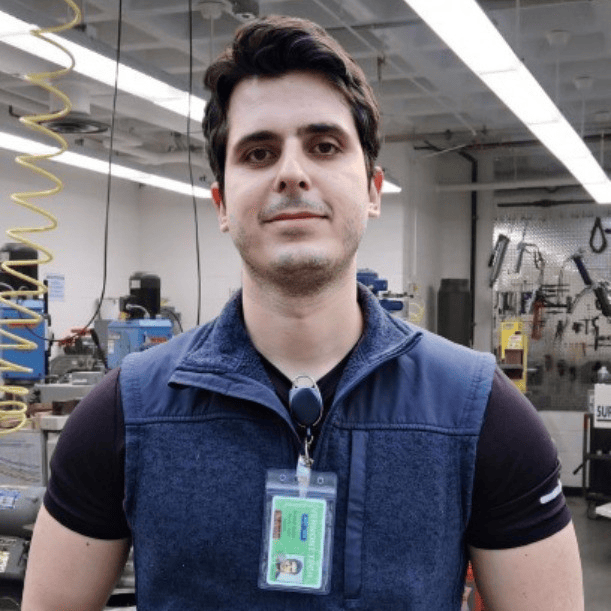
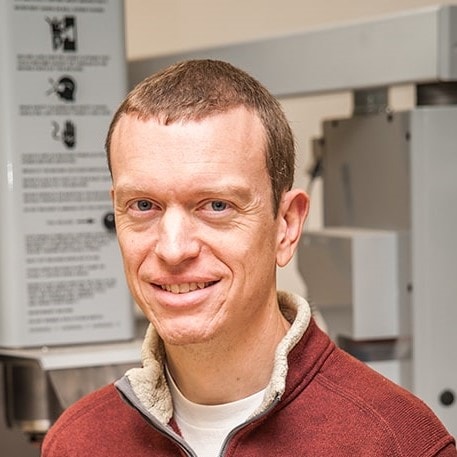
Associate Professor, Mechanical Engineering Program & Manufacturing Engineering Program Coordinator
Randolph Campus

